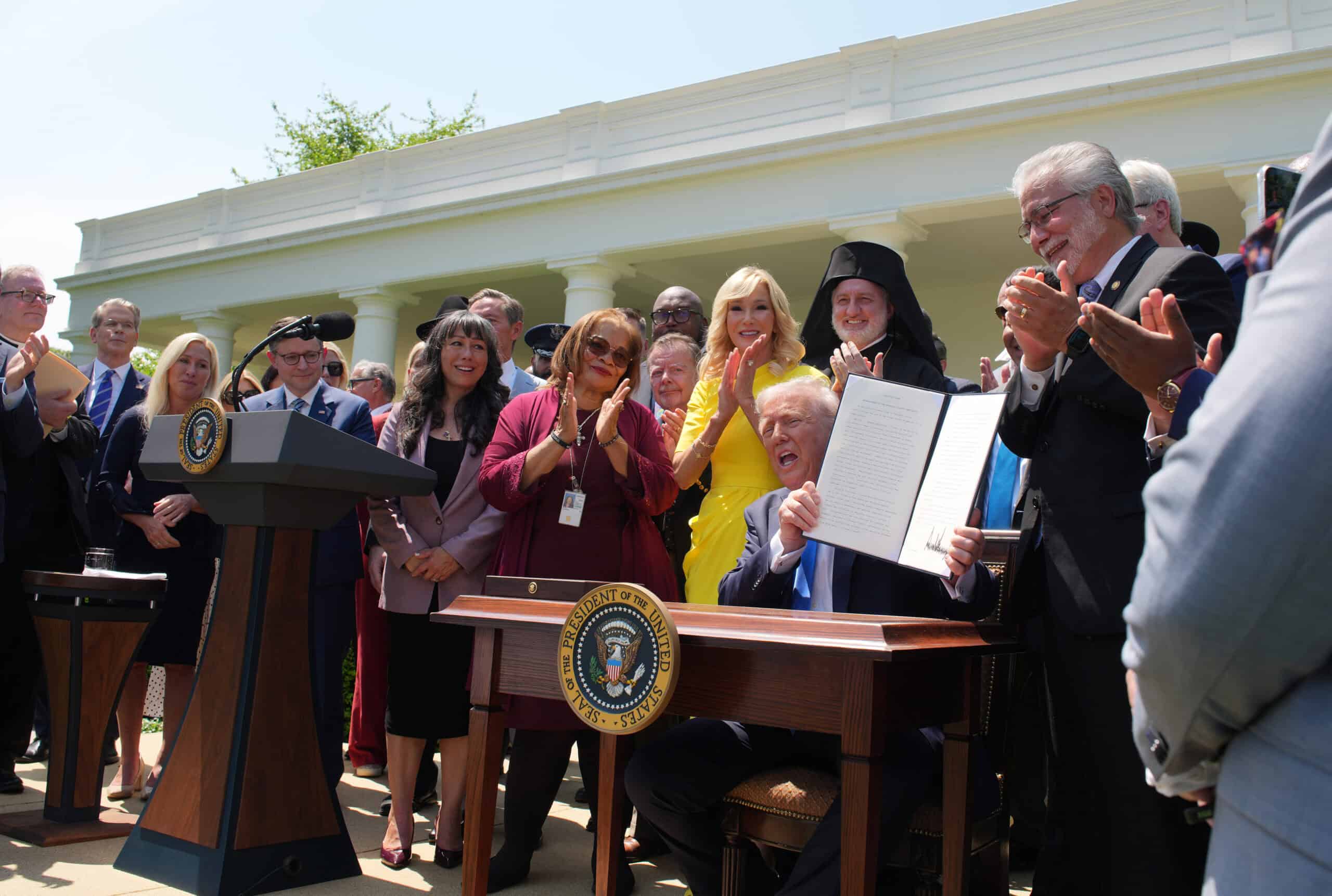Faith, Freedom, and the American Compass: How Religious Liberty Steers the Nation

In the early morning light of a Dallas gathering, President Ronald Reagan stood before an ecumenical prayer breakfast, his words resonating with spiritual conviction. The year was 1984, a time of significant national reflection, and Reagan's address captured the essence of faith's role in American public life. With characteristic eloquence, he spoke to the assembled crowd, weaving together themes of national unity, personal belief, and shared moral purpose.
The prayer breakfast became a moment of profound connection, where political leadership intersected with spiritual aspiration. Reagan's remarks that day underscored the deep-rooted relationship between faith and civic responsibility, reminding those present that personal conviction can be a powerful force for collective understanding and national strength.
